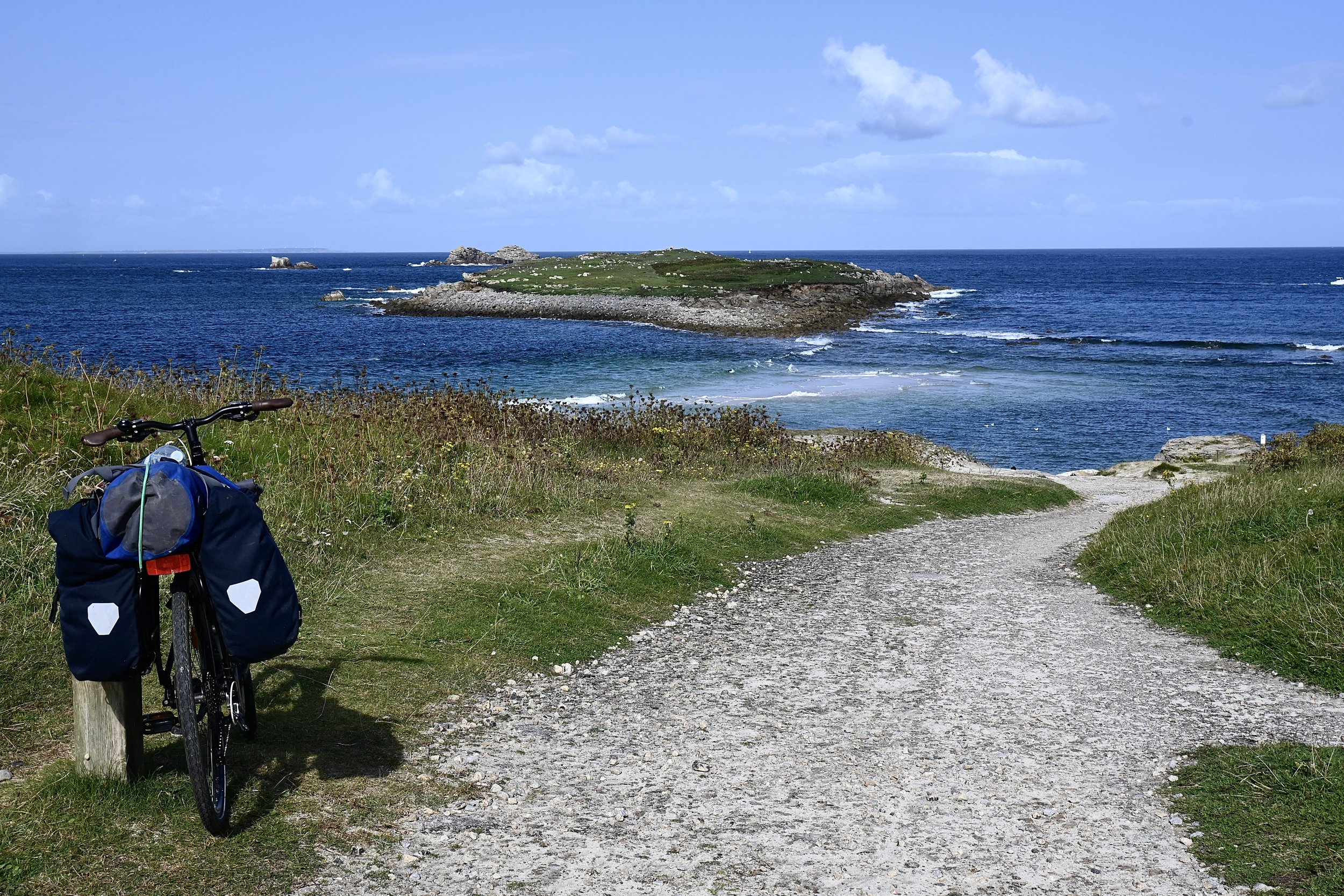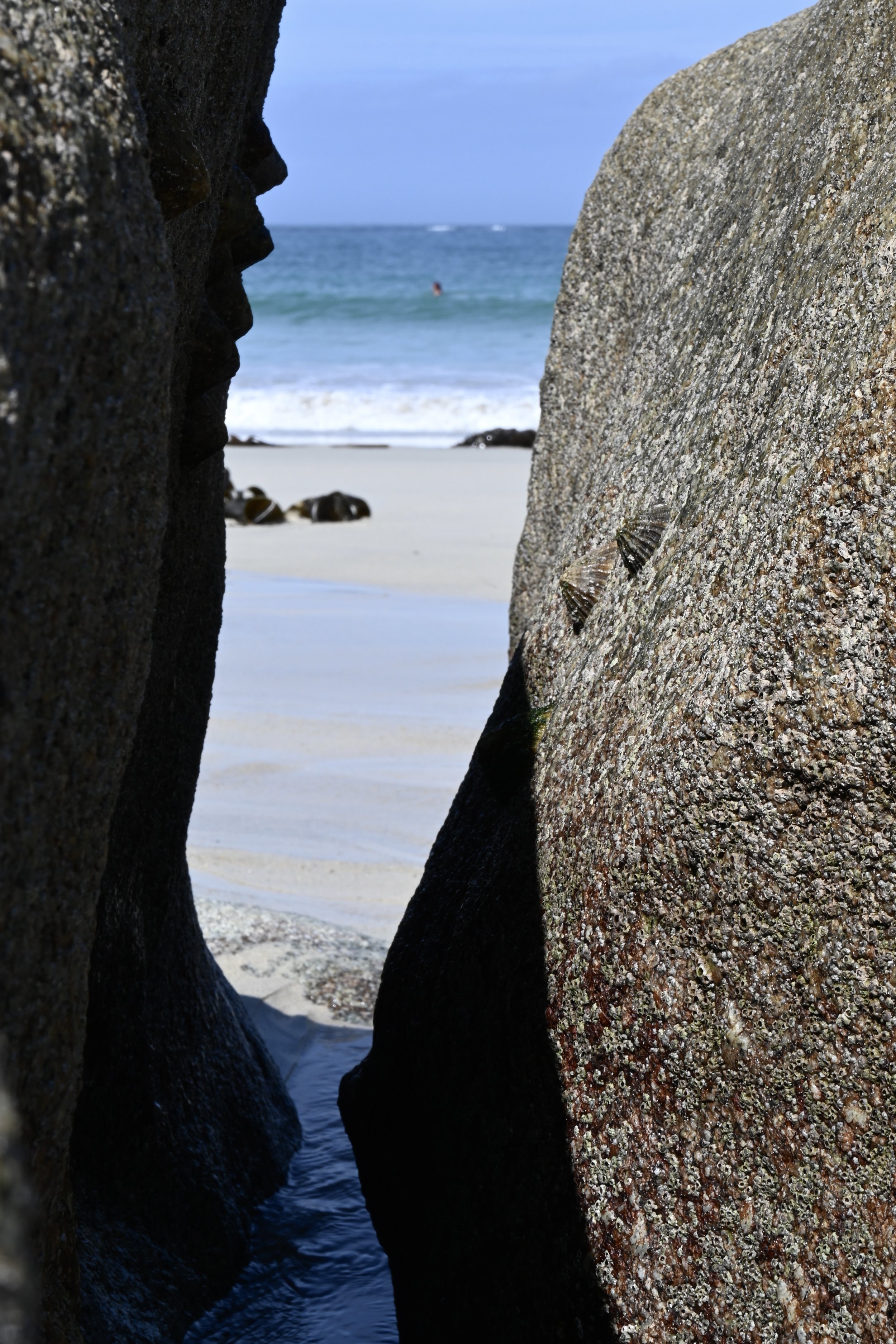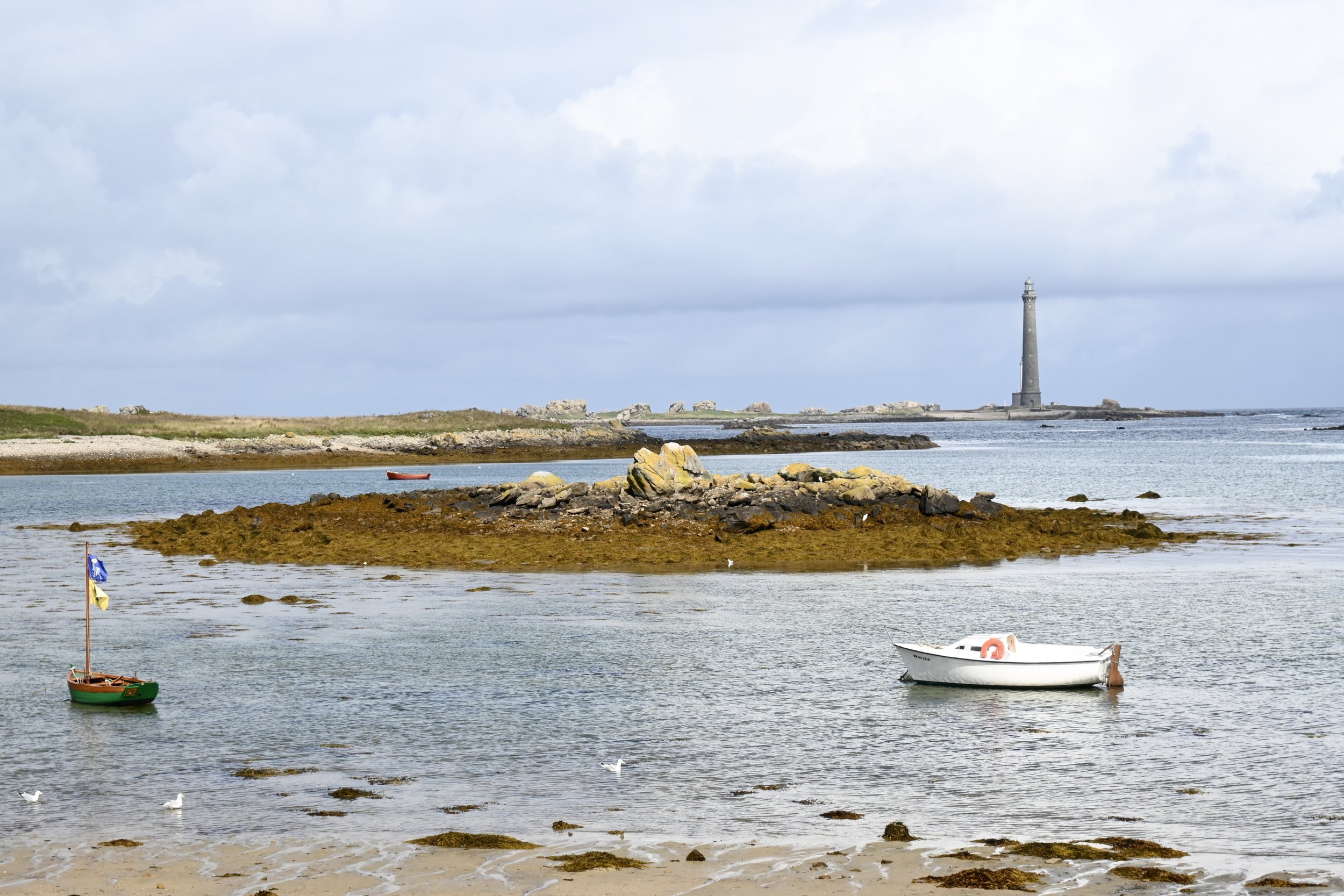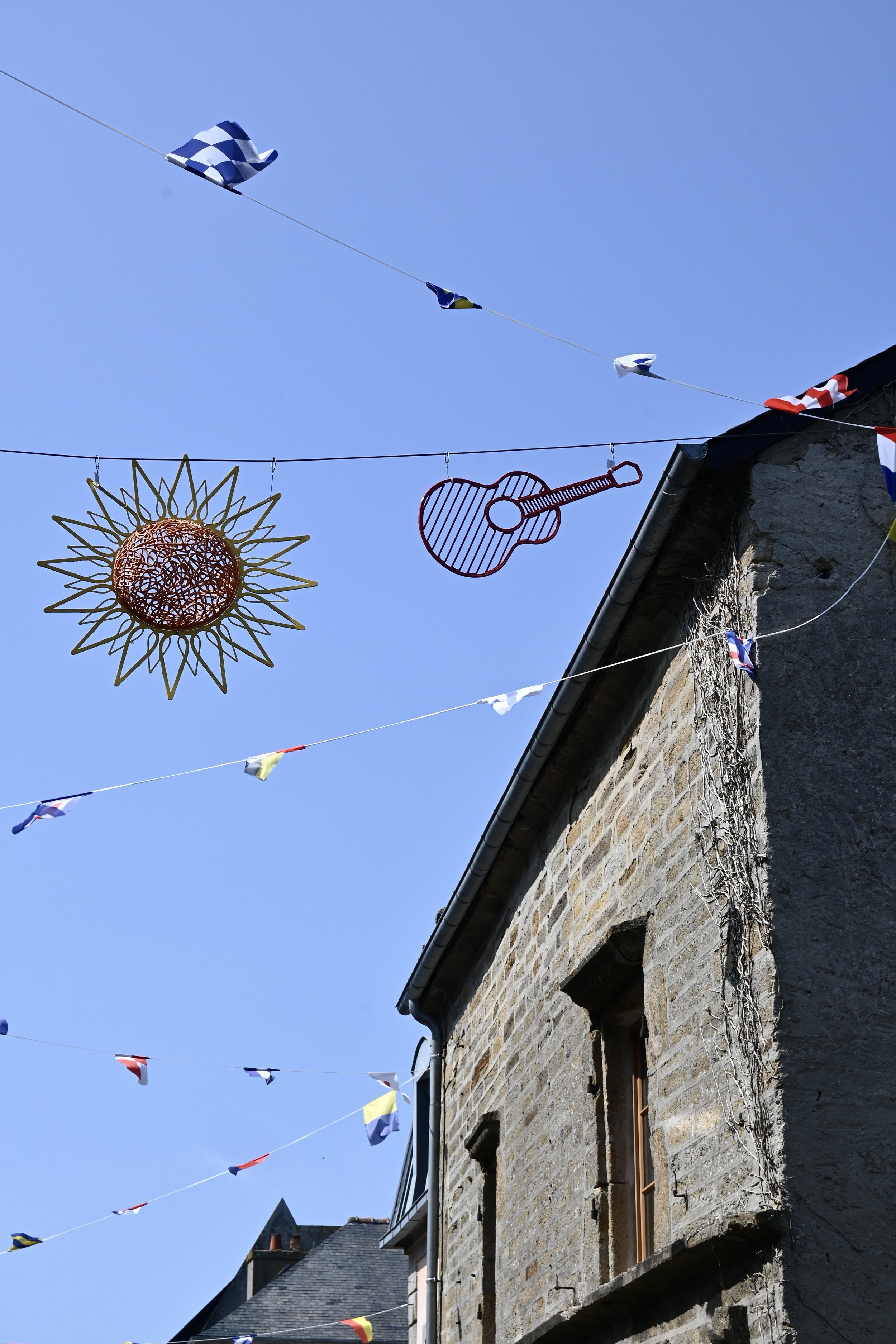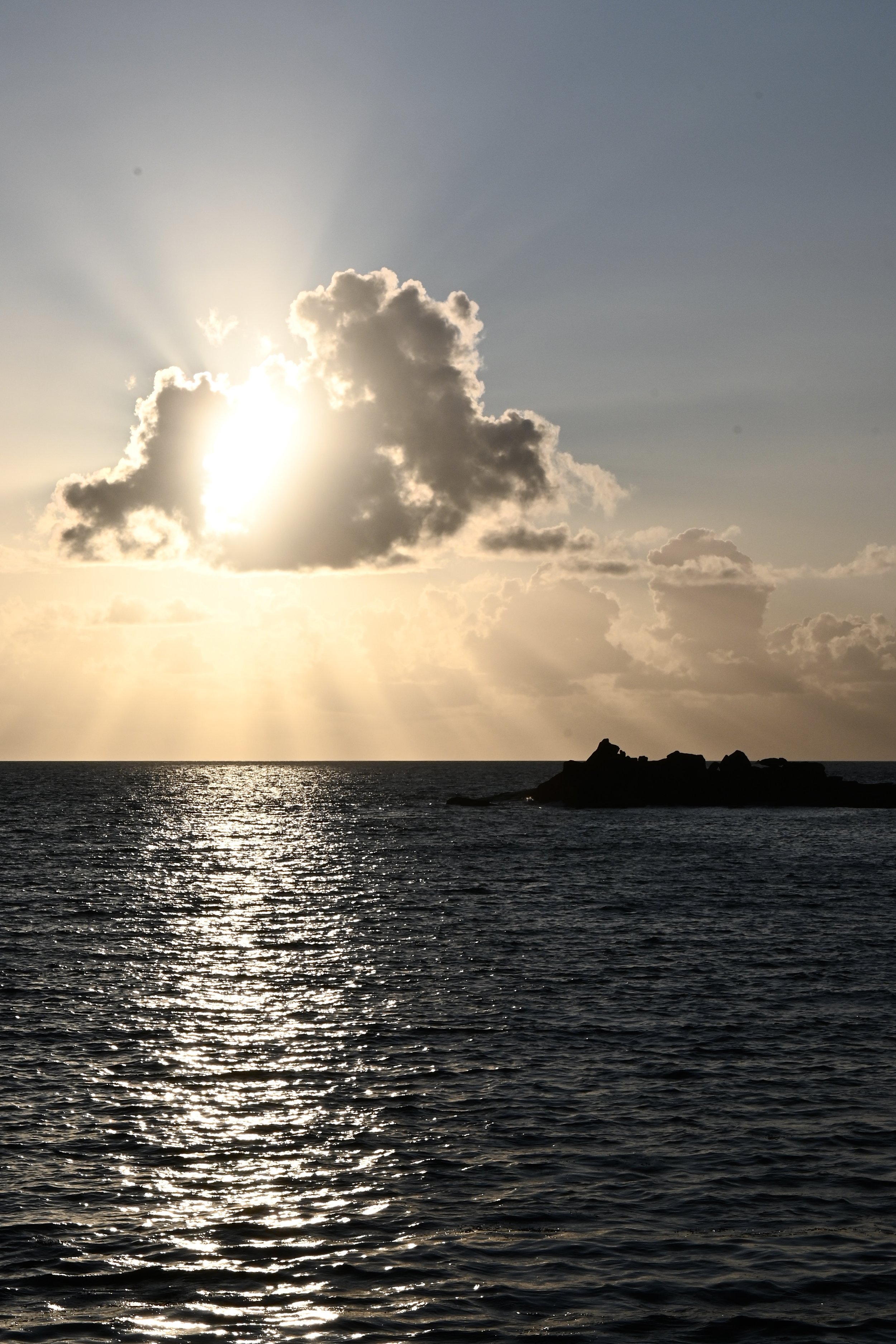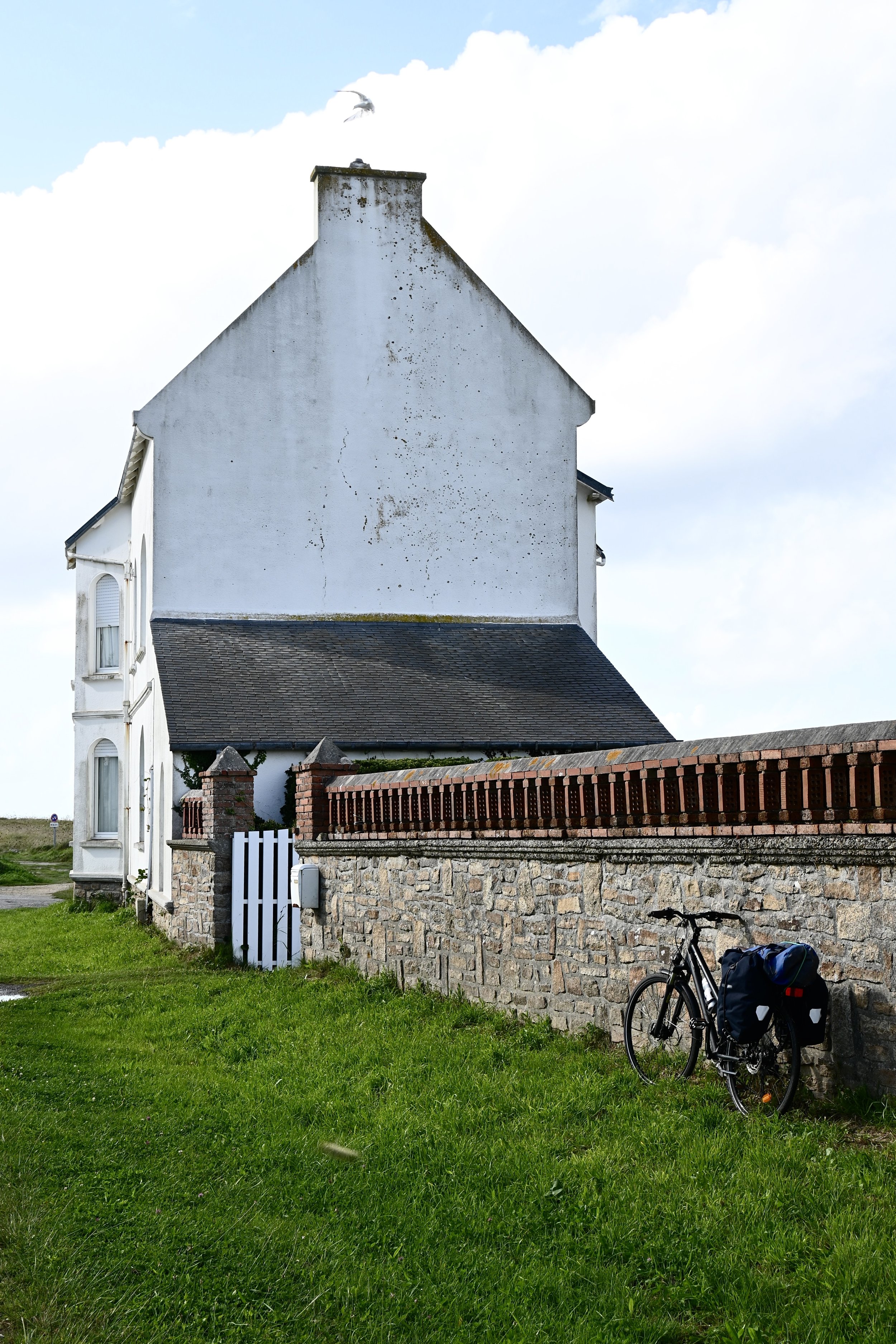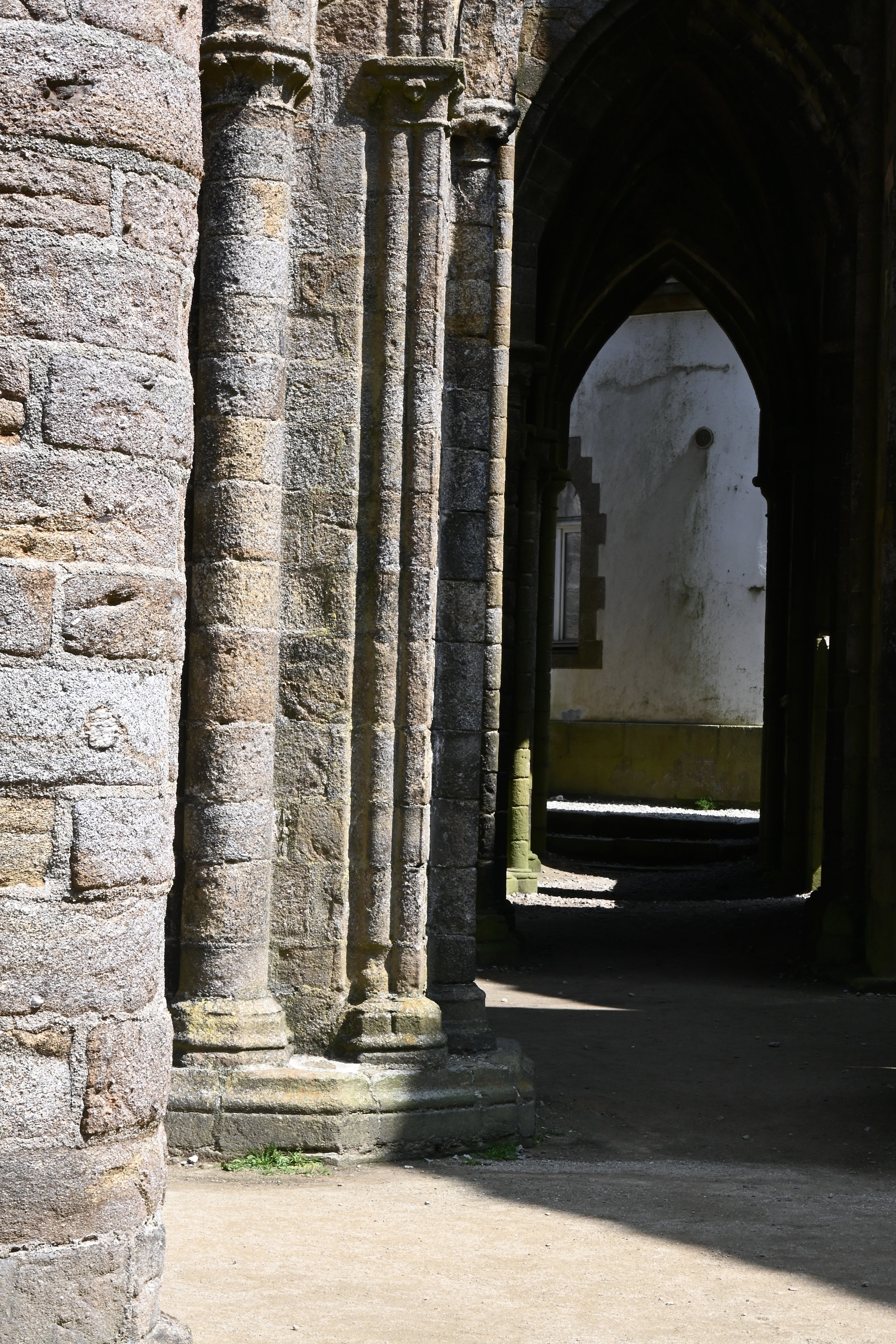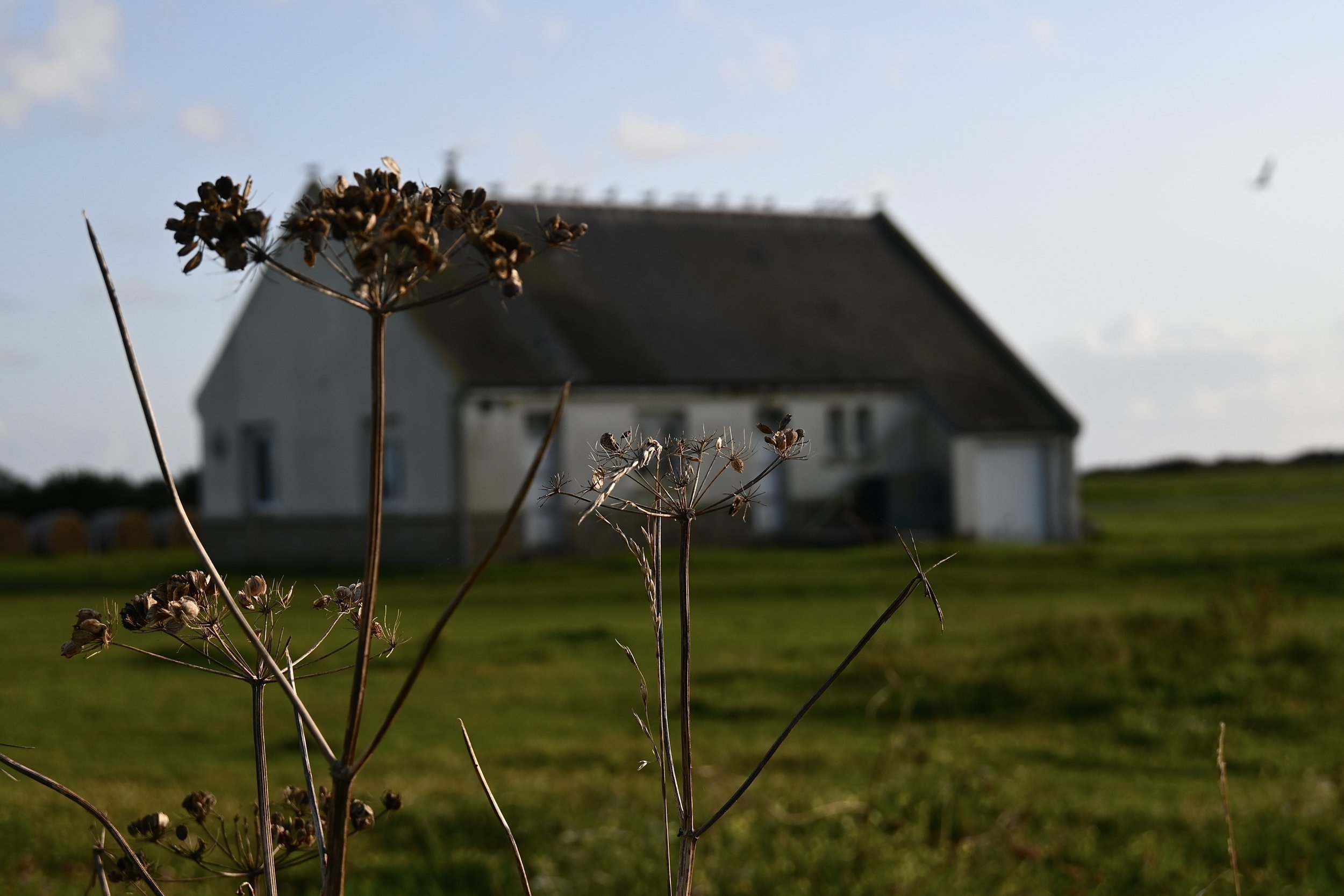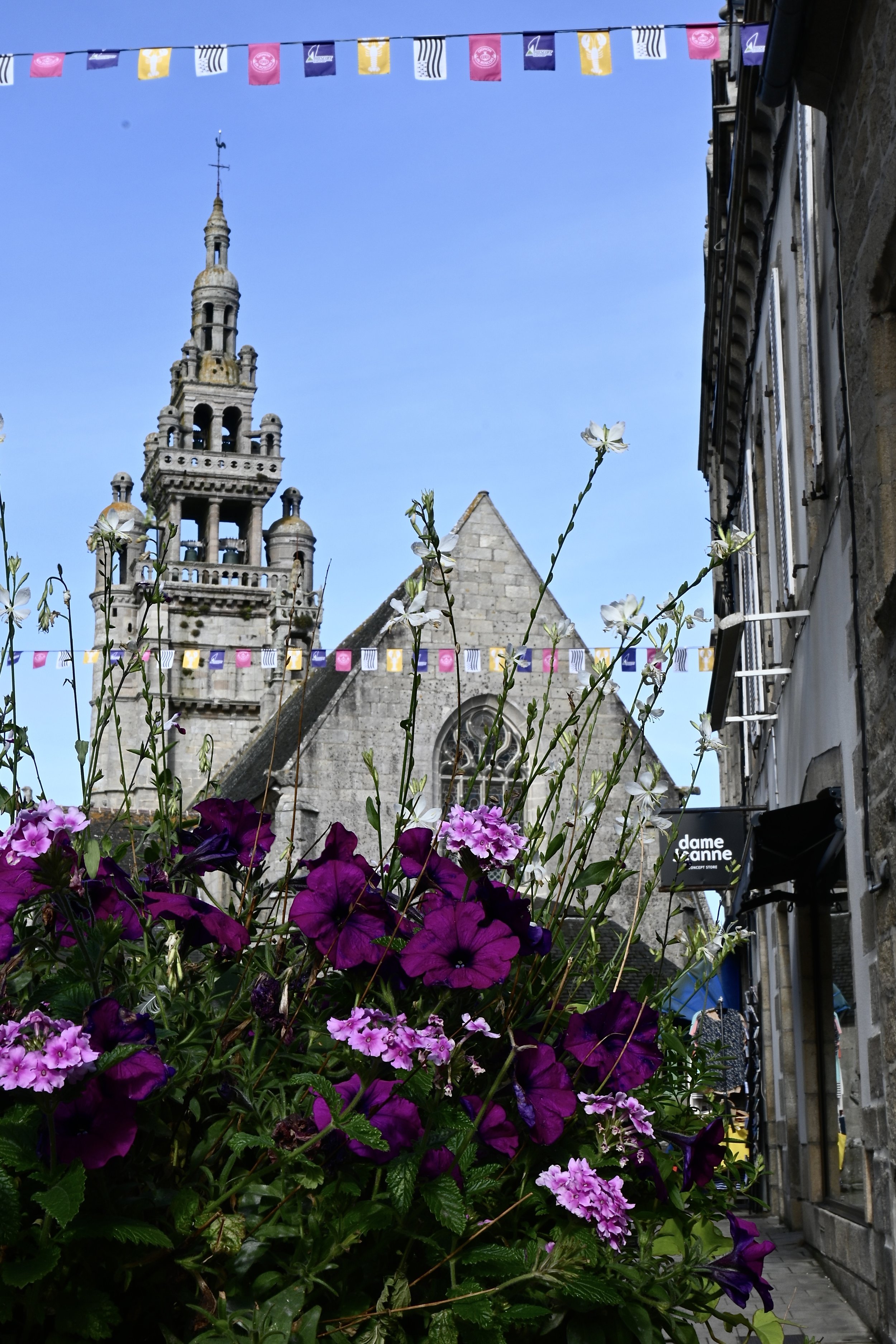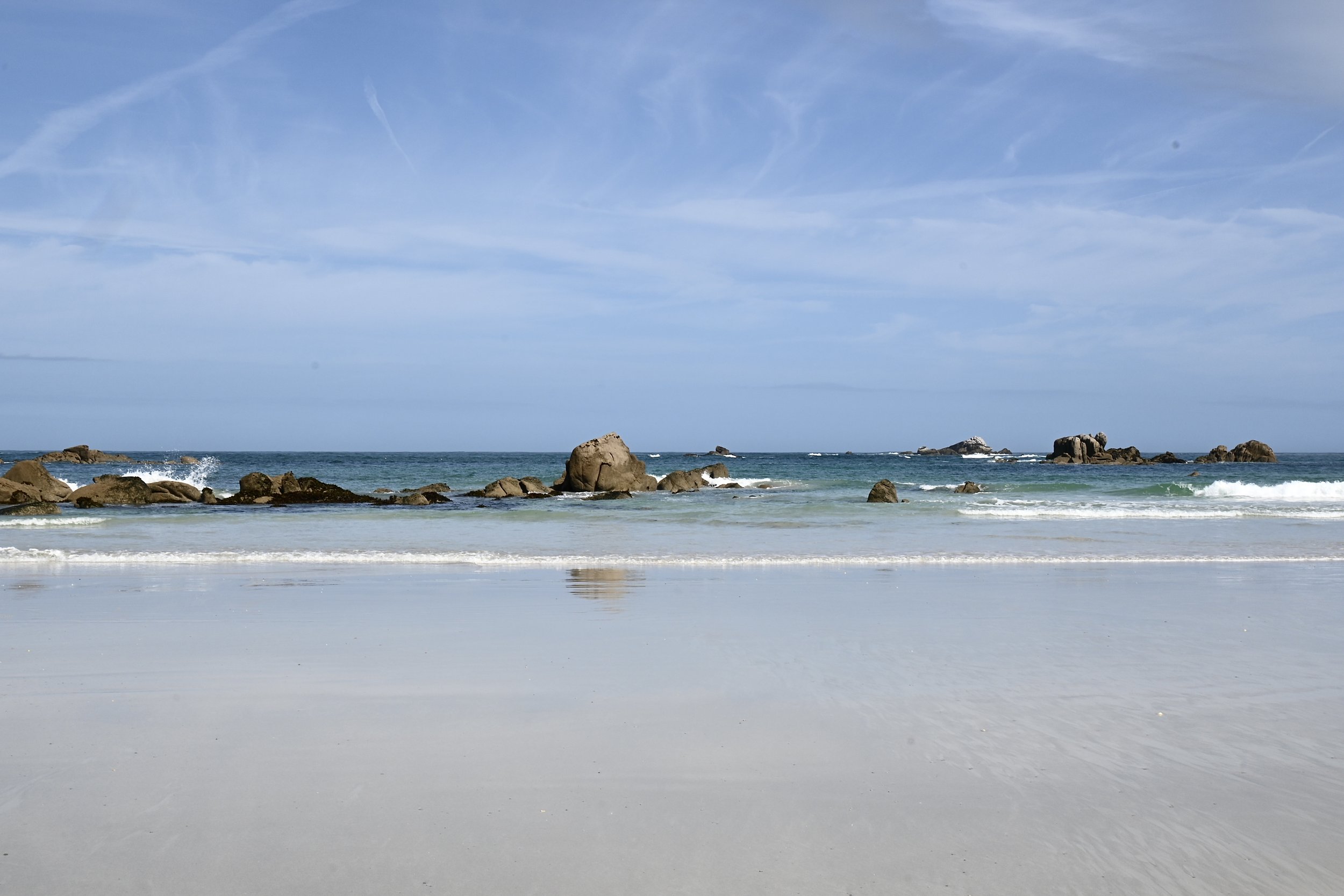
Curiosity leads to the taste of freedom
Throughout history, the human spirit has been fueled by an insatiable urge to explore, to cross the horizon into the unknown, and to claim new lands. This impulse is not merely a matter of survival or ambition; it is a deep-seated need, woven into the very fabric of our being. The thrill of discovery, tempered by the fear of risk, ignites a sense of purpose and vitality that makes us feel truly alive.
In the earliest days of human civilization, people ventured beyond the familiar, navigating rivers, mountains, and seas in search of new worlds. These journeys were driven by a blend of necessity and wonder—an unquenchable curiosity about what lay beyond the next hill or across the ocean’s expanse. Trade routes were established, cultures mingled, and the boundaries of the known world expanded with every bold step into the wilderness.
The Age of Exploration marked a pinnacle in this restless quest for the unknown. Mariners like Columbus, Magellan, and da Gama set sail across uncharted waters, propelled by dreams of riches, glory, and discovery. They faced not only the physical dangers of storms, treacherous waters, and unfamiliar lands, but also the existential fear of what might lurk in the vast expanse of the uncharted world. Yet it was precisely this fusion of fear and excitement that spurred them onward.
Even today, that ancient fire burns within us. We look not to the seas or distant lands, but to the stars. The astronauts who brave the void of space carry with them the same mix of awe and terror, as they push the boundaries of human achievement and understanding. The cosmos has become our new frontier, and yet the emotions it evokes are as old as humanity itself.
This enduring need to explore, to venture beyond what is known, is a testament to the indomitable human spirit. It is a drive that has shaped our history, our cultures, and our very identity. In pushing past the limits of our world, we come to know ourselves more deeply, and in doing so, we touch the infinite.
